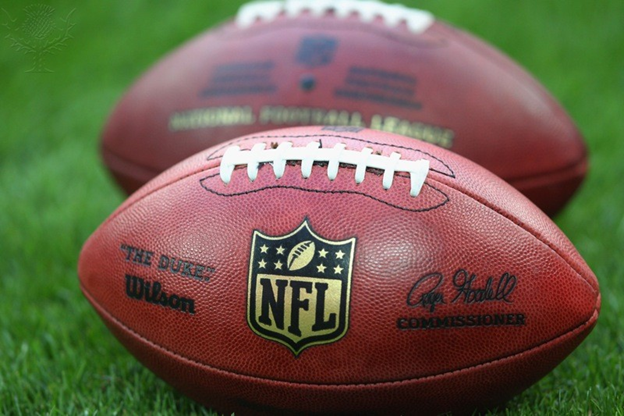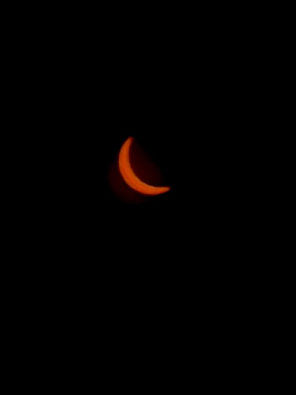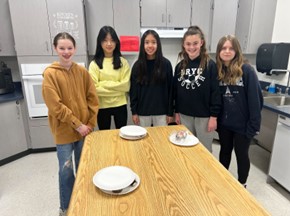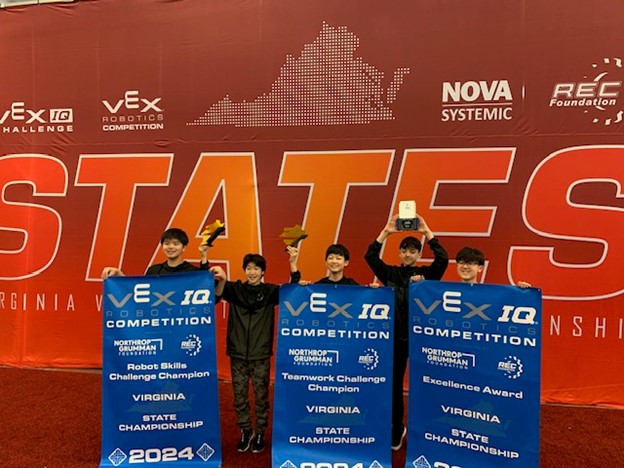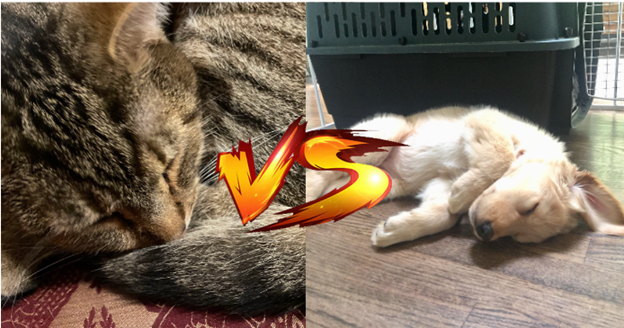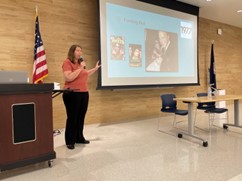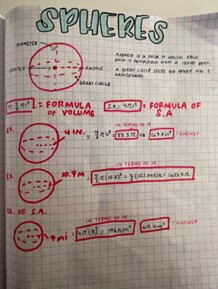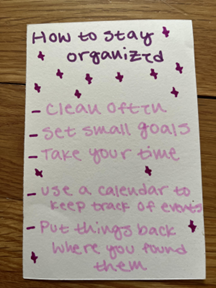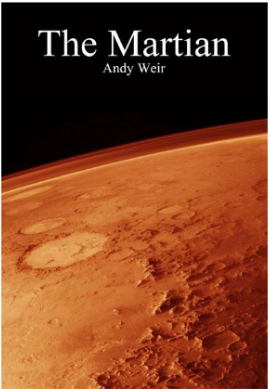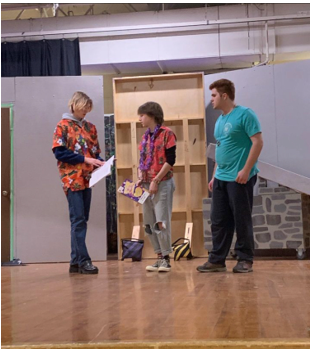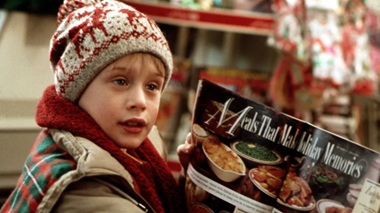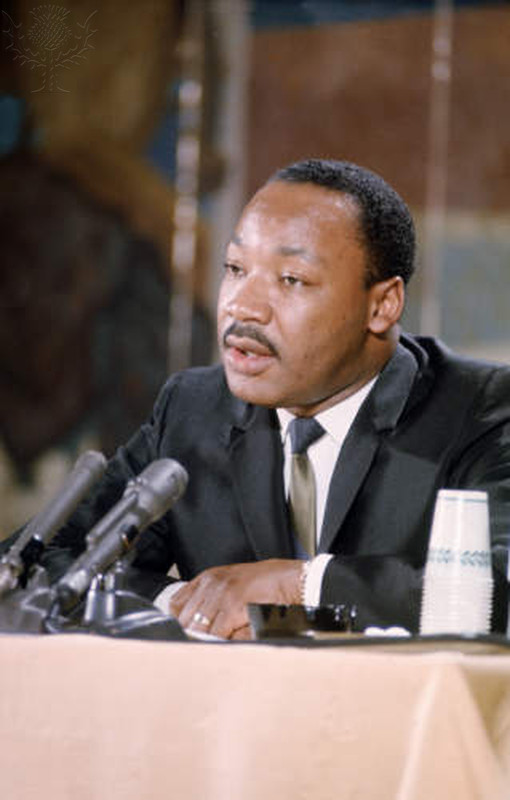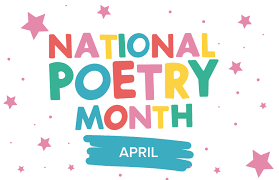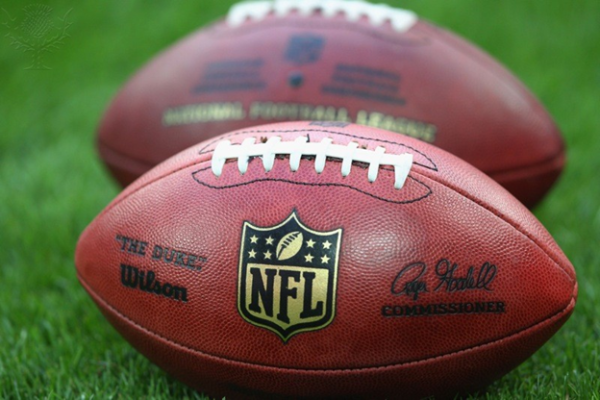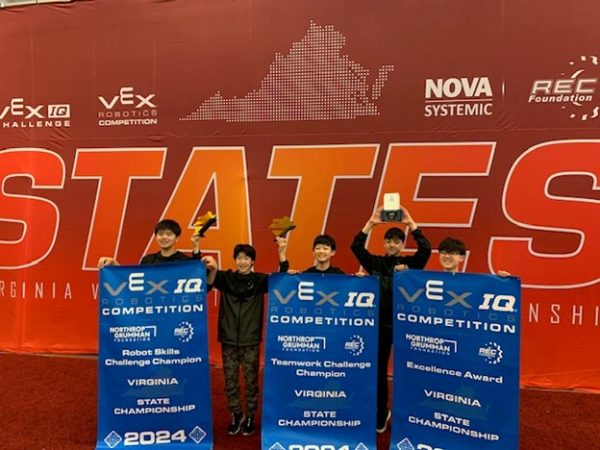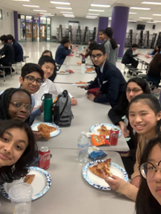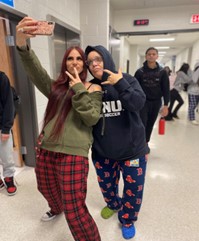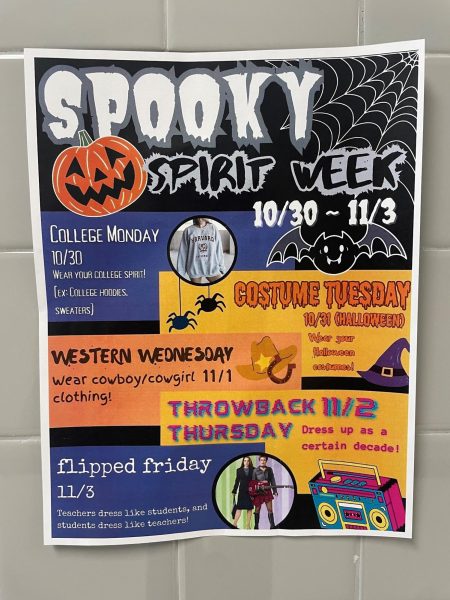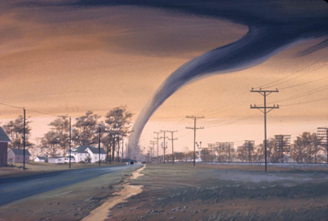Celebrating Diwali in Fairfax
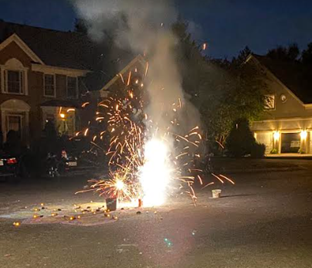
Fireworks at the author’s home in Fairfax in celebration of Diwali.
Prayers in the home or at a mandir (a Hindu temple). Gatherings of family and friends. New clothes. Delicious sweets. The lighting of diyas and colorful drawings. This is the celebration of Diwali.
Diwali (pronounced Dee- Val- Ee) is derived from the Sanskrit word, Deepavali, which means row of lamps. Diwali is often called the festival of lights. Diwali is part of a larger five day celebration and is set by the lunar calendar, always occuring on a new moon in either the month of October or November. Diwali has been celebrated in India for more than 2,500 years.
Diwali is one of the biggest holidays in India and Hindus, Jains, and Sikhs celebrate it. Most Hindus celebrate Diwali, because it’s the day Lord Ram returned home after spending fourteen years in exile. Lord Ram is a reincarnation of God; Hindus believe that God sometimes comes down to Earth in human form to teach lessons and fix grave injustices. When Lord Ram is in the forest, his wife Sita gets captured by a demon named Ravana. Lord Ram defeats Ravana, symbolizing the victory of good over evil. The people of his kingdom make beautiful designs on the streets and light diyas outside their houses to welcome him, his wife Sita, and his brother Lakshman, home.
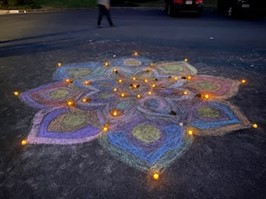 Sikhs and Jains also celebrate Diwali, but for different reasons. For Sikhs, their sixth guru was released from an unfair imprisonment, around the time of Diwali. The Jain people celebrate it because their spiritual leader, Lord Mahavir, was freed from the cycle of birth and death (moksha).
Sikhs and Jains also celebrate Diwali, but for different reasons. For Sikhs, their sixth guru was released from an unfair imprisonment, around the time of Diwali. The Jain people celebrate it because their spiritual leader, Lord Mahavir, was freed from the cycle of birth and death (moksha).
Many traditions surround Diwali such as lighting diyas to symbolize the triumph of good over evil. Another tradition is Rangoli, a celebrator
y decoration that is thought to bring good luck, prosperity in the house and in the family, and to welcome guests. Fir
eworks are also very popular around this time, to share the celebratory feeling.
Many prayers surround Diwali, especially since Lakshmi Puja is the next day. Goddess Lakshmi is the Goddess of wealth and good fortune. One popular prayer is Om shreem maha Lakshmiyei namaha. This means my salutations to the Great Lakshmi.
Diwali is a beautiful celebration that has many years of rich history and is celebrated by over a billion people around the world. As populations move, celebrations are spreading around the globe increasing awareness about this significant Hindu holiday. Recently, due to the large population of Hindus in Northern Virginia, Diwali was recognized by FCPS as a cultural holiday.
Your donation will support the student journalists of Robert Frost Middle School. Your contribution will allow us to purchase equipment and cover our annual website hosting costs.
Hi! I'm an 8th grader and this is my second year taking Journalism. I like writing about international news and cultural traditions. In my free time, I...
